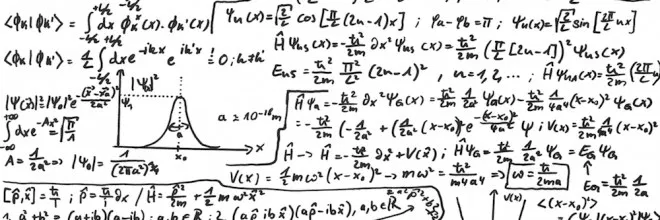When watching Seans Carrol's "A Brief History of Quantum Mechanics", he mentioned around the 50th minute (the video I linked to starts at that point) that
[about quantum fields in vacuum] ... and guess what! The closer they are to each other, the more entangled they are.
Why is it so? I was under the impression that entanglement is not dependent on the distance (two entangled particles getting further from each other are not less entangled).
If this is at all possible I would be grateful for an answer understandable by an arts major - just kidding a bit, I simply would like to avoid an answer which starts with
courtesy of Redorbit

